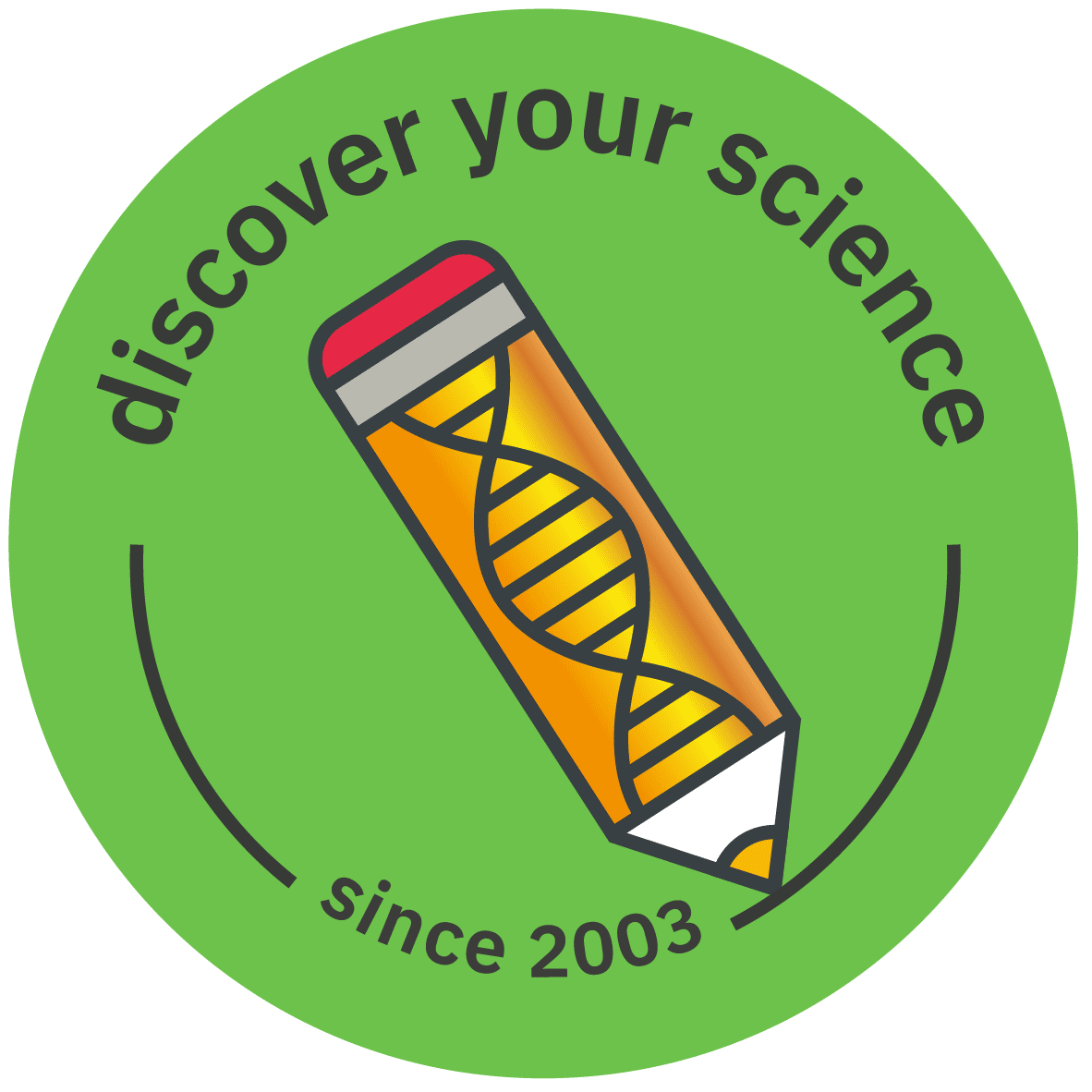Insights into Genomics and Big Data
“It’s remarkable!”, Ewan Birney exclaims. After 25 years of working with DNA, the Director of the European Bioinformatics Institute (EMBL-EBI) is still intrigued by the simplicity of the molecule which encodes life. It’s precisely this curiosity and enthusiasm about the world of genomics research that Ewan conveyed to European teenagers during the 7th EMBL Insight Lecture, which took place at the EMBL-EBI in Hinxton, UK, on 2 December 2016.
The 80 local students in the auditorium and the 800 students who dialled in via live streaming from 16 different countries listen eagerly as Ewan describes his own involvement as young researcher in the efforts of sequencing the first human genome back in the early 1990s.
“We have been living through a revolution”

Rapid developments in sequencing technologies make it now possible to sequence genomes faster, cheaper and using less spacious equipment, Ewan explains while holding up a small DNA sequencer half the size of a smartphone. Genome sequencing has had a revolutionising impact on human medicine, giving doctors the opportunity to determine drugs suitable for cancer patients with specific genetic make-up, allowing to identify genetic causes for rare diseases or establishing the right antibiotic treatment for infectious agents. Ewan argues that more genomic data are needed in the future to better understand the small variations in the human genome – information which could be used to further develop approaches in personalised medicine. But are people comfortable with giving their personal genomic data to research? Ewan makes a case for responsible data sharing which would allow researchers to utilise genomics data from the public for their studies but at the same time protect the owner of the genome from being identified.
Curious questions

In the final part of the lecture, students from the local and online audiences joined in to quiz Ewan about the future of genomics research and big data. How can genome data be stored securely? Will genome technologies be available to third world countries? And what effect does epigenetics have on the genome?
If you are curious how Ewan answered these questions, you might be happy to know that the recording of the lecture will be available as video-on-demand early next year on this website.
